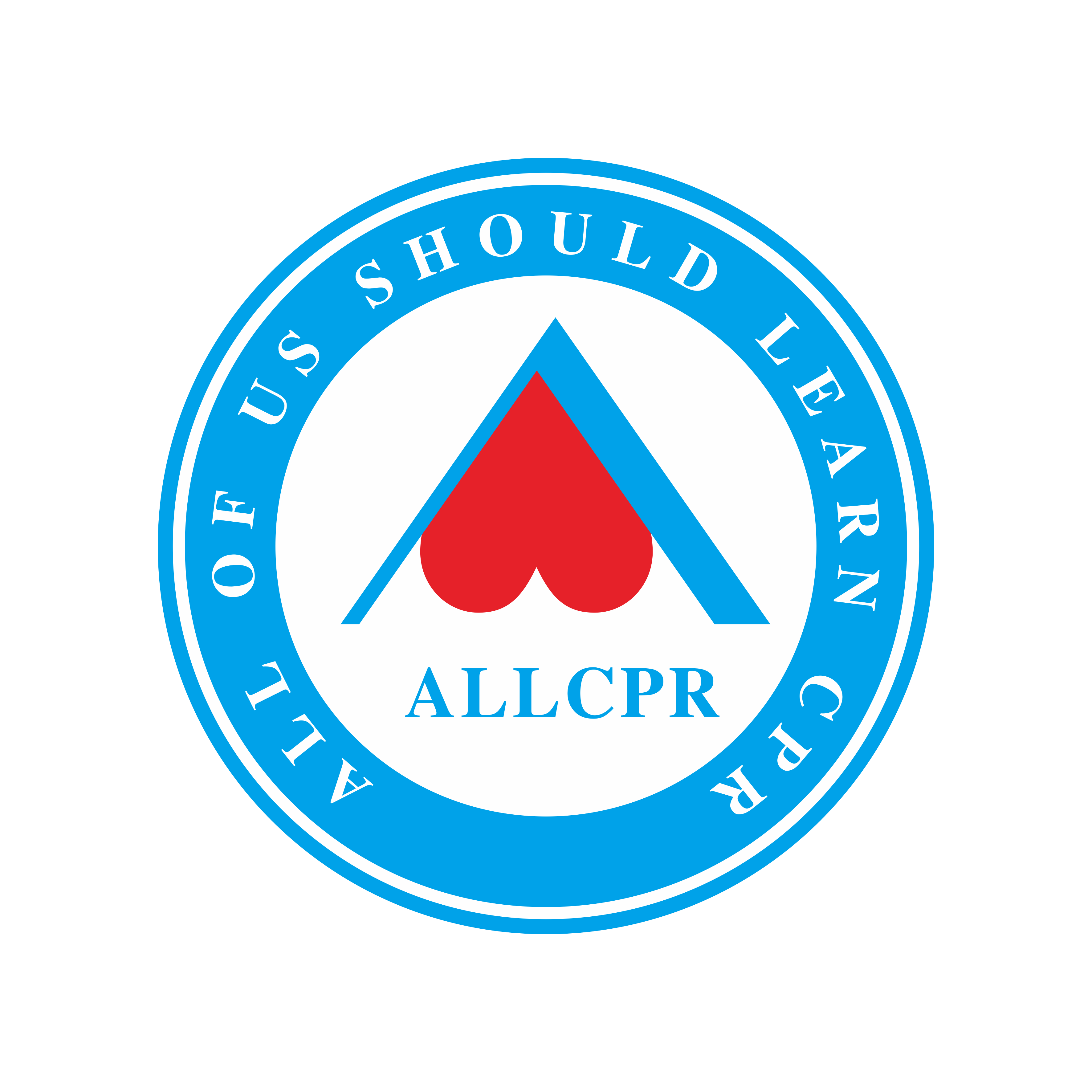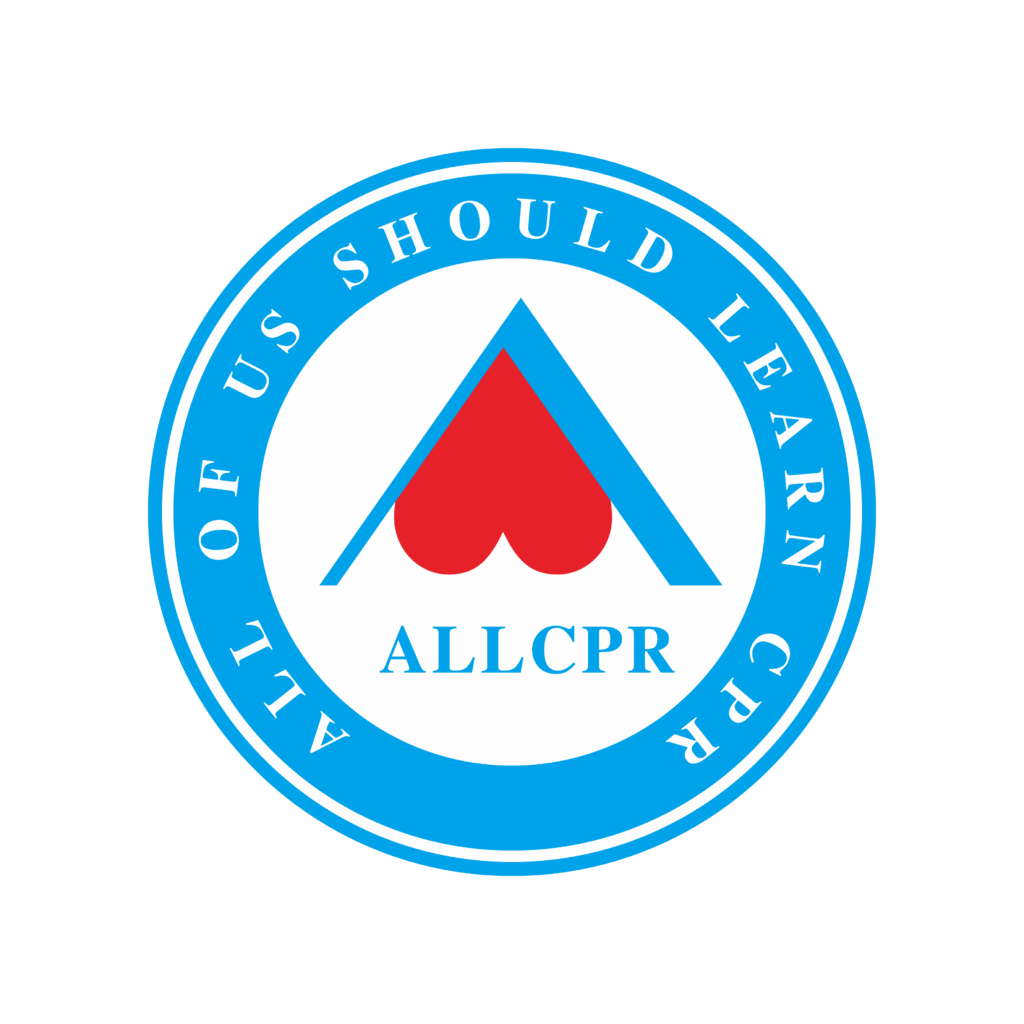Introduction:
When it comes to CPR certification, two names often come to mind: the American Red Cross and the American Heart Association (AHA). Both organizations are well-respected and offer comprehensive training programs, but choosing between the two can be challenging. Whether you need certification for work, school, or personal knowledge, understanding the differences between these programs can help you make the best decision. This article will compare the American Red Cross vs. American Heart Association CPR certifications, focusing on key aspects such as recognition, training methods, and course content.
What Are the Key Differences Between American Red Cross and American Heart Association?
The American Heart Association (AHA) is renowned for its role in developing CPR guidelines that are widely accepted by healthcare professionals across the globe. AHA certifications are often required for medical professionals and are known for being more rigorous. On the other hand, the American Red Cross offers CPR certification that is equally respected and more accessible to the general public. It’s particularly known for its practical approach, focusing on hands-on practice and real-life simulations.
Course Content and Certification Validity
Both the AHA and the American Red Cross cover essential CPR skills, including adult, child, and infant CPR, AED usage, and choking relief. However, there are differences in course duration and depth. AHA courses tend to be more in-depth and are often preferred by healthcare institutions. For instance, AHA’s Basic Life Support (BLS) certification is typically valid for two years, as is the Red Cross’s CPR/AED certification, but AHA courses may include more advanced medical scenarios.
Training Methods: In-Person vs. Blended Learning
Both organizations offer flexibility in how you can complete your training. The American Heart Association provides options for in-person, blended learning, and online sessions that culminate in an in-person skills check. The American Red Cross also offers similar options, with a strong emphasis on hands-on practice. However, AHA’s courses are often considered more challenging, which could be beneficial for those who seek a deeper understanding of CPR.
Recognition and Acceptance in the Workplace
For those seeking employment in healthcare, an AHA certification is often a requirement. It’s widely recognized by hospitals and medical institutions due to its rigorous training standards. The American Red Cross certification is also widely accepted, particularly in non-medical settings such as schools, workplaces, and community centers. It’s crucial to check with your employer to determine which certification is preferred or required.
Cost and Accessibility
When considering cost, the American Red Cross offers slightly more affordable options, with everything included in the upfront price. On the other hand, AHA courses might have additional costs for materials, such as manuals, which can increase the overall price. Both organizations provide ample training centers across the country, ensuring that you can find a course near you.
Conclusion:
In conclusion, the choice between the American Red Cross and the American Heart Association CPR certifications should be guided by your specific needs and career goals. If you are a healthcare professional or aiming to work in a medical setting, an AHA certification might be the better choice due to its higher recognition in the industry. However, for those looking for a comprehensive, accessible, and respected certification for general or workplace safety, the American Red Cross offers an excellent option. Whichever you choose, getting certified in CPR is a vital skill that can save lives.
Call to Action:
At All CPR San Jose, we offer both American Heart Association and American Red Cross CPR courses tailored to your needs. Whether you’re a healthcare provider or simply want to be prepared for emergencies, our expert instructors will guide you through the certification process. Enroll today and be ready to act when it matters most!






